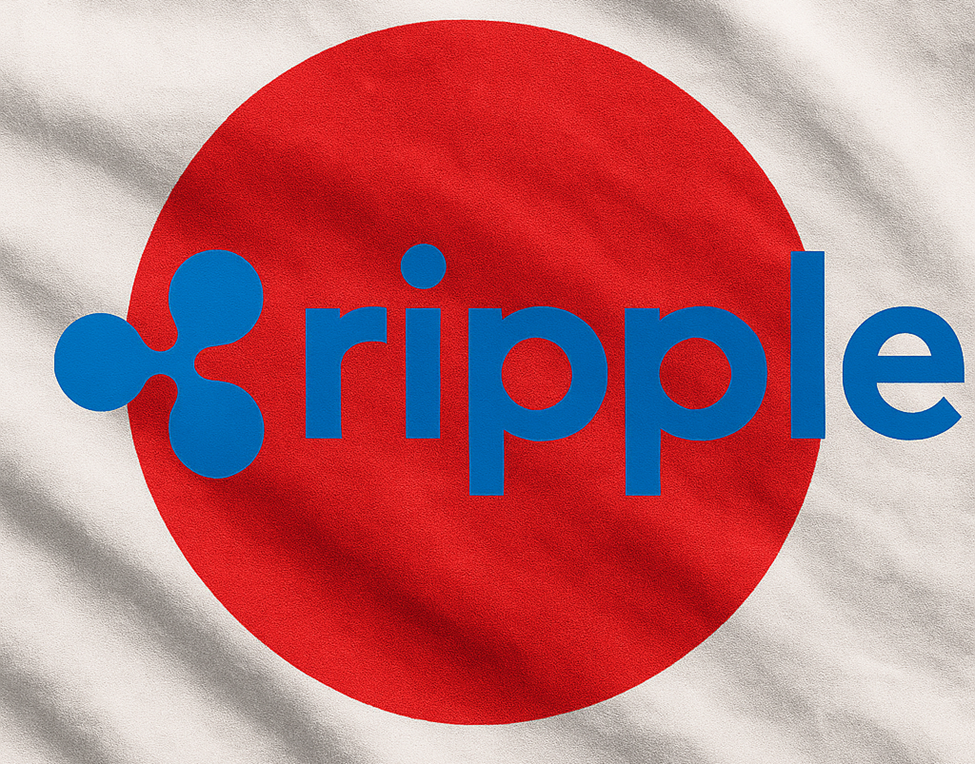In recent developments within the financial sector, SBI Holdings has unveiled strategic insights into its long-standing investment in Ripple Labs, shedding light on unrealized profits that could significantly impact its financial standing. This revelation comes amidst the backdrop of evolving regulatory landscapes and the potential for Ripple’s increased market valuation. As the world of crypto-assets continues to expand, understanding corporate strategies regarding these investments becomes pivotal.
The Unseen Potential of Ripple Labs: A Deep Dive into SBI Holdings’ Investment Strategy
Unlocking Ripple’s Valuation: Insights from SBI Holdings
SBI Holdings recently addressed its shareholders, illustrating its ongoing commitment to Ripple Labs by keeping its stake off the balance sheet until a definitive valuation is achieved. Such a valuation is anticipated through either an Initial Public Offering (IPO) or a comparable third-party appraisal. This strategy is part of SBI’s fiscal-year 2024 results, where the company recorded a robust ¥1.443 trillion ($9.39 billion) in consolidated revenue, a notable 19.3% increase from the previous year.
The value of Ripple is substantial, yet unrecognized, due to its unlisted status. Executives have reiterated that the equity stake, just shy of 10%, continues to signify an “enormous amount of unrealized profit.” This potential valuation hinges not just on Ripple’s eventual public listing but also on the conclusion of its legal challenges with the U.S. Securities and Exchange Commission (SEC).
SBI’s Strategic Position in the Crypto Market
During a shareholder meeting, SBI Holdings detailed its involvement with Ripple, highlighting the strategic significance of its escrowed XRP holdings. These assets are excluded from current valuations until Ripple’s clear financial assessment. With an estimated XRP market capitalization of approximately ¥20 trillion ($130 billion), SBI’s stake promises considerable returns upon public valuation.
The crypto-asset division of SBI demonstrated robust growth, with a revenue upsurge to ¥80.8 billion ($526 million) and pre-tax profits of ¥21.2 billion ($138 million). These figures, driven by market contributions from B2C2 and SBI VC Trade’s retail expansions, underscore the explosive growth potential linked to Ripple’s revaluation.
Anticipating Ripple’s IPO and Its Implications
A pivotal development in the potential for Ripple’s public listing is the recent settlement with the SEC, dated May 8. This agreement effectively concludes the 2020 enforcement action, removing significant barriers to an IPO. SBI Holdings’ vision for the future involves substantial asset growth, aiming to double its total assets from ¥10 trillion ($65 billion) to ¥20 trillion ($130 billion) by the end of FY 2027.
SBI executives remain confident in their strategy, poised to capitalize on Ripple’s eventual valuation recognition. Despite internal and external misconceptions about the intricacies of their operations, the promise of a substantial financial windfall from Ripple’s publicly recognized valuation is eagerly anticipated.
Frequently Asked Questions
What impact could Ripple’s IPO have on SBI Holdings?
Ripple’s IPO could substantially enhance SBI Holdings’ financial positioning by unlocking significant unrealized profits. This development is expected to bolster SBI’s asset management capabilities and potentially double its current asset value, providing a robust foundation for future growth initiatives.
How does the settlement with the SEC influence Ripple’s market potential?
The settlement with the SEC removes a significant regulatory barrier, paving the way for Ripple to pursue an IPO. This not only facilitates a clearer market valuation for Ripple but also instills greater investor confidence in its long-term market potential and stability.
Why is SBI Holdings waiting for a public listing to realize profits from Ripple?
SBI Holdings is strategically postponing the realization of profits from its Ripple investment until a public listing provides a clear market valuation. This approach ensures maximum transparency and valuation accuracy, aligning with broader investment strategies and regulatory compliance.

